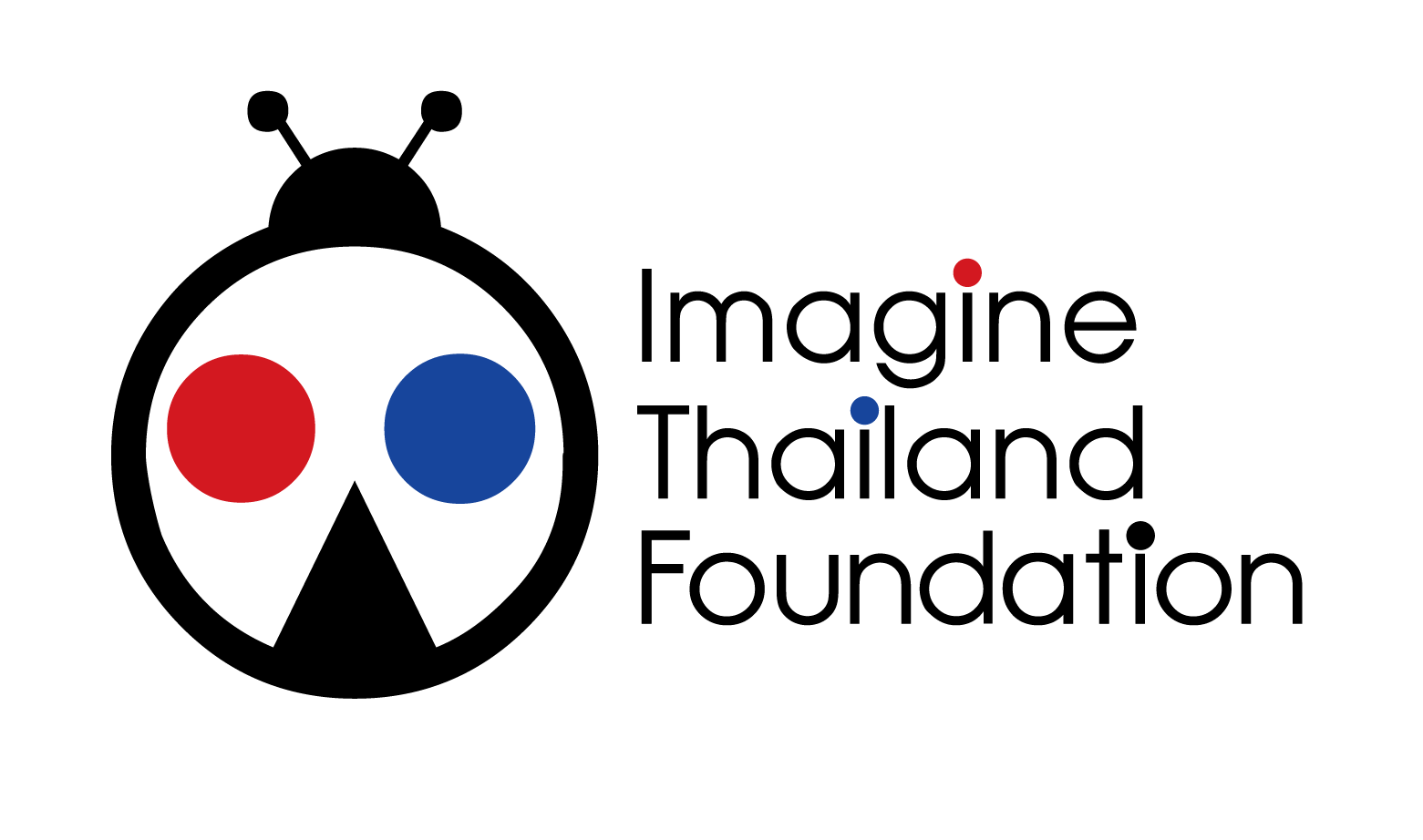Value Transformation: Part 1
Last month we discussed our 4th OUTWARD FACING VALUE: open-handedness. Wherein we looked at soap and candles and crafty fathers-in-law and start-ups and big dreams. And—added bonus—we got an inside edge on how the term, soap opera, got its name.
This month we’re moving on to our 5th value … We value transformation. And you’ll be excited to know that it’s not only another two-parter, those two parts are going to have multiple parts. Does that get your heart racing, or what? Whoop, whoop!
Transformation, Part 1, reads: We desire to see a changed nation through empowered people.
So what does “empowerment” even mean: Unbridled authority? Granting power without preconditions? Trusting others to do the right thing? Thrusting someone with minimal skill/education/training into the leadership fray and yelling “go for it!”?
Let’s look at a country that is a world leader in empowerment. They’ve only got 9.6 million people. They occupy a space just slightly bigger than the dots in the Pacific that make up Fiji. If you multiplied their land area by 25 they'd not only fit within Thailand's borders, there’d still be room left over to slip in a thousand more 7-11s (because let’s face it, Thailand could do with a lot more 7-11s than the 13,000 they already have).
Yet, they punch far above their weight (this tiny nation, not 7-11). Small but mighty. David to Goliath. Friends, we are talking about Israel, and in particular the Israeli Air Force (IAF).
This quote from Business Insider magazine says it all: “Pilot to pilot, airframe to airframe, the Israeli air force is the best in the world”. Even when compared to countries like the U.S., Russia, China and Britain—which would have greater overall firepower because of their sheer size—Israel remains in the top 5 or top 10 (depending on the study). Impressive! So what makes them so good?
In a word … empowerment!
In 2022, Flying magazine interviewed retired Brigadier General, Zvi Kanor, who at 20 years old, and only one month out of flight school, was thrust into the Six-Day War. He survived, and went on to have a brilliant career, retiring after 27 years at the rank of Brigadier General (BGen). He reflected on what makes the IAF so good.
Pilots—in fact, all Israeli military personnel—know full well that their personal and national survival depends on high intensity training; maintaining stratospheric standards in training and performance; a well-educated military; highly developed early warning systems; cutting edge equipment; clearly defined leadership roles; and brutally transparent accountability and performance assessments … regardless of rank.
Some of these are obvious: train and keep training; educate and keep educating; use the best tools for the job; know what’s coming down the pipe; act as if lives depend on you (because in Israel, they do). But others, like the Israeli approach to defining leadership roles and rigorous, egalitarian debriefs and performance analysis, are downright revolutionary.
In most of the world’s air forces, you fly most when you’re at a lower rank. As you climb the promotional ladder, you fly less, and may reach the point where you don’t fly at all. You’re more likely to be flying a desk in headquarters or commanding an air base, than sitting in the cockpit of an F-35 Lightning strike fighter.
Not so in Israel. Every pilot continues to log huge amounts of air time, right up until they retire. And here’s the truly revolutionary part … when they fly, senior officers subordinate themselves to the leadership of the squadron commander who could be significantly lower in rank.
Think of it. A BGen placing themselves under the operational command of a squadron leader who could be half their age and four ranks lower. But, and this is the kicker, that leader is fully empowered to call the shots. They’re the boss, and the General follows their orders. No questions. No interference. No pulling rank.
When the sortie ends, everyone, including the BGen, undergoes a brutally honest and rank-blind performance assessment. If the General has messed up or failed to meet any standard, the squadron leader and the other pilots have complete authority to hold them accountable. And there can be no retribution on the part of the General. Wow!
So, how does all of this relate to our value of “desiring to see a changed nation through empowered people”? Well, join us next time when we land the aircraft, jet from Israel to Thailand, and discuss the empowering, mobilizing and equipping operations of Imagine Thailand.
In the meantime: Add value. Act with valour.

